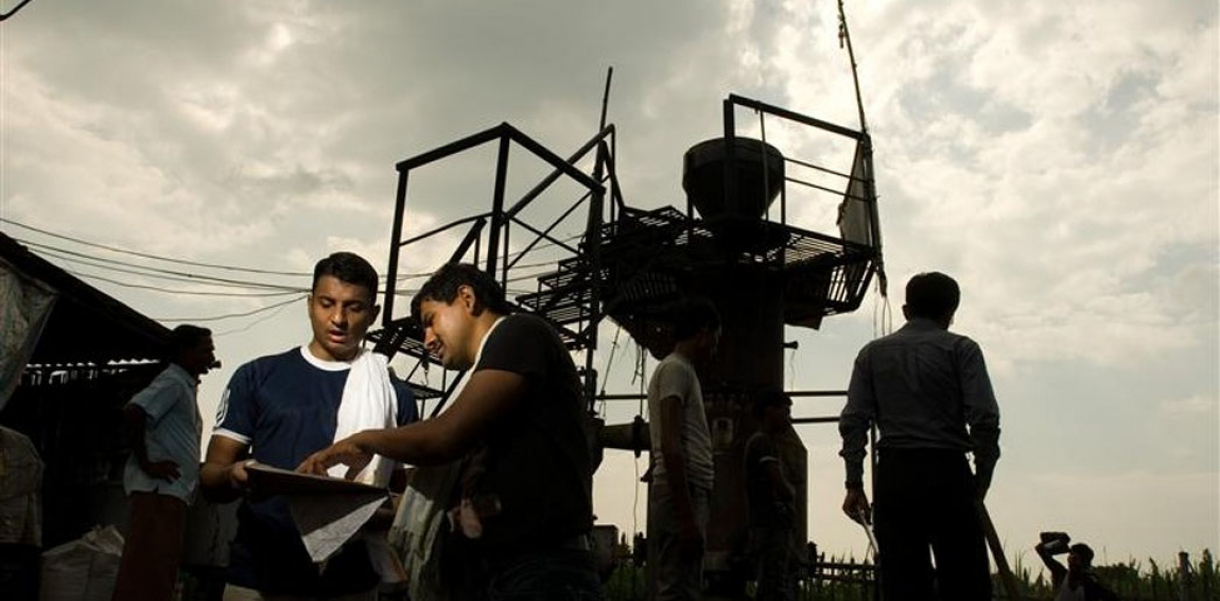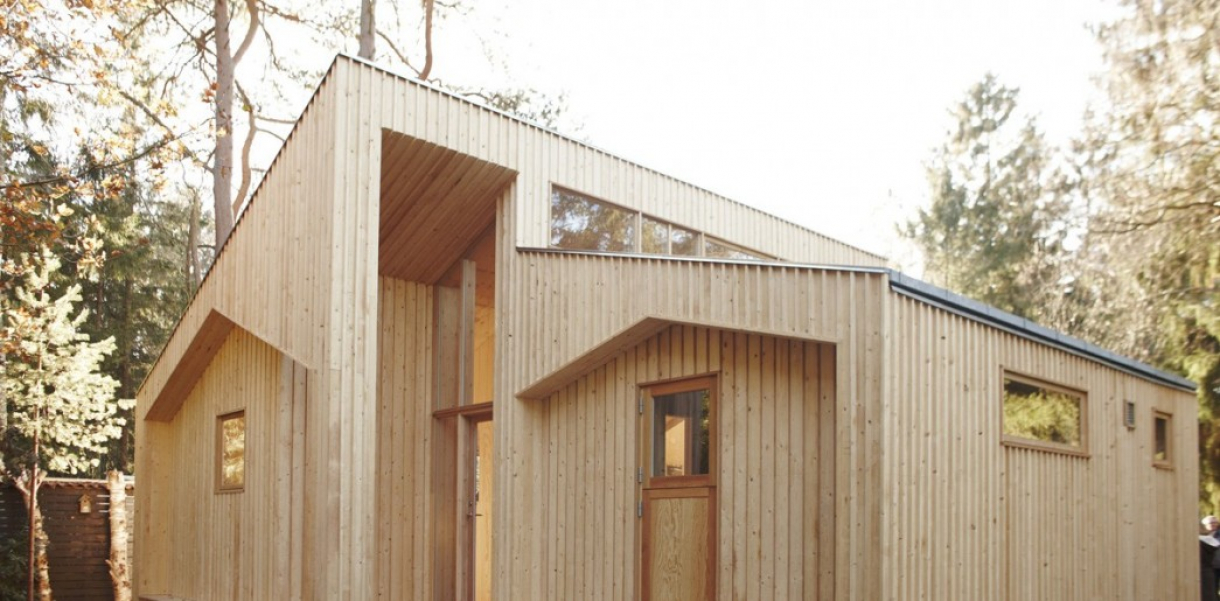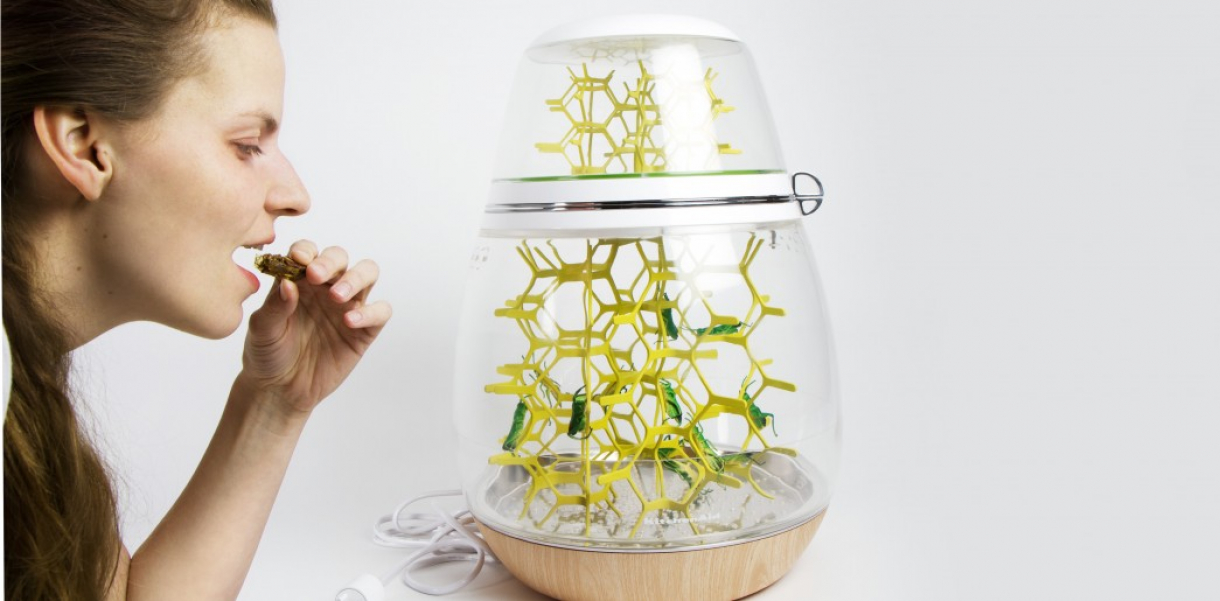More than 125,000 villages in India are without electricity, and therefore millions of people rely on unhealthy kerosene for power and cannot improve their health, education and livelihoods. Until now, that is. A local organization – backed by a strong pool of investors – is installing microgrid power plants converting agricultural husk (farming throwaways) into electricity, thus providing income generating and sustainable ecosystems for local farmers and entrepreneurs.
India, with its 1 billion inhabitants, each of whom produce 1.5 metric tons (approx. the weight of a car) of CO2 yearly, suffers from the harmful consequences of unsustainable energy consumption better than most countries. However, a staggering 44% of India’s population lack access to electricity, many of whom reside in one of the country’s 125 thousand rural villages. Often, the only source of power is dirty gasoline-powered generators. This makes air pollution unavoidable, as CO2 fumes fill towns, workplaces, and even homes.
This dire state of things, however, is anything but hopeless. Husk Power Systems have taken it upon themselves to bring new hope of cleaner, more sustainable, and widely available energy in remote places where electricity is in low supply. This is made possible thanks to biomass-based power plants, utilizing proprietary gasification technology, converting abundant agricultural residue (farming throwaways) into (yes!) electricity. This energy is then distributed to households via 84 microgrids. The advantages are apparent at first glance: the power generated is better quality - fewer outages, a steadier supply - and cheaper. To put this into perspective, Husk Power Systems has improved 200,000 lives (and counting), and reduced toxic kerosene consumption by 9,244,800 litres. These improvements are the product of only 4 years of Husk's activity.
Of course, the work of this wonderful system has implications, which reach far beyond health matters, and extend into the quality of the lives of the people it affects. Access to electricity is important socially, as now many villagers are able to enjoy life outside of their homes, once the sun goes down. This, in turn, encourages business owners to stay open later, driving local economies, and facilitating development. The farmers also profit, as their husks and other biomass can be sold to the Husk Power Systems. Not to mention, most importantly for future generations, electricity provides a safe environment for children to study past nightfall.
To summarize, Husk Power Systems deserve to be singled out as a force, which truly addresses the ever so important energy issues at hand; one that strives to better more than 10 million lives over the next five years. This design to improve life will trickle down through generations in areas ranging from health and well being, through education, all the way to development and employment. Truly a feat to admire!






